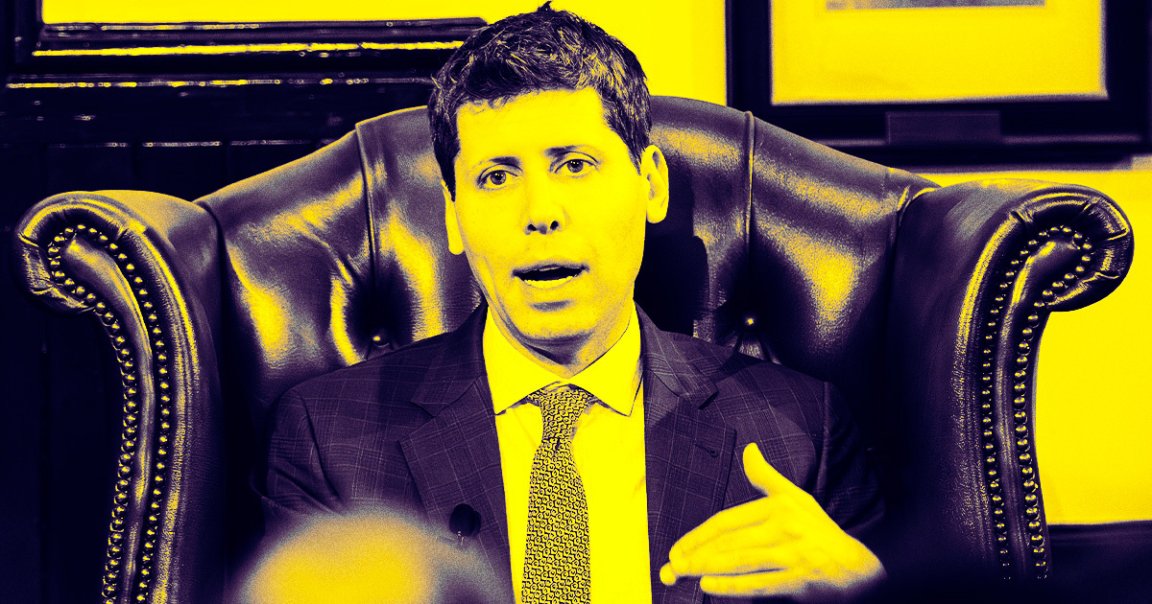
Nightmare of the Bot-tom
Is AI keeping you up at night? Well, you’re not alone: Sam Altman, CEO of the multi-billion dollar ChatGPT-developer OpenAI, has been losing sleep over the scary tech, too.
At the World Governments Summit in Dubai, Altman, speaking via video call, said he fears that things could go “horribly wrong” with AI — even without any ill intent involved. He suggested that these consequences, if allowed to play out, could be mundane and “subtle.”
“There’s some things in there that are easy to imagine where things really go wrong. And I’m not that interested in the killer robots walking on the street direction of things going wrong,” Altman said, as quoted by the Associated Press. “I’m much more interested in the very subtle societal misalignments where we just have these systems out in society and through no particular ill intention, things just go horribly wrong.”
Global Body
Echoing a growing sentiment in the tech sector, Altman took the opportunity to call for an international body to regulate AI, comparing such an initiative to what the International Atomic Energy Agency does for nuclear power.
If we’re going to do this right, the CEO believes, the industry shouldn’t be left to regulate itself.
“We’re still in the stage of a lot of discussion,” Altman said, per the AP. “I think we’re still at a time where debate is needed and healthy, but at some point in the next few years, I think we have to move towards an action plan with real buy-in around the world.”
Rules For Me
This is a drum that AI leaders have been beating since the industry’s meteoric boom. In doing so, they’ve deftly tried to stay ahead of their critics, lecturing US senators about regulation in an historic, closed-door session and vaguely vouching support for some form of regulation.
As the face of the industry, Altman has been one of the most vocal proponents of the cause, repeatedly calling on governments, including the US Congress, to step in with guidelines on AI. On the other hand, he’s also threatened to cease operations in Europe in the past over some of the European Union’s regulations — so clearly, he’s not up for any and all government meddling.
It seems inevitable, though, that the courts will have as much a say on the industry’s future as as any government cooperation. Copyright qualms remain one of the biggest obstacles to generative AI, as artists, authors, and even media orgs have all fired off lawsuits against tech companies like OpenAI, Microsoft — which backs the Altman-led startup — and Google.
Whatever may come of those, Altman seems confident that AI is here to stay. All he asks is to give the tech a little time to not suck.
“I will say I think in a few more years it’ll be much better than it is now,” he said, per the AP. “And in a decade it should be pretty remarkable.”
More on AI: AI Used to Resurrect Dead Dictator to Sway Election